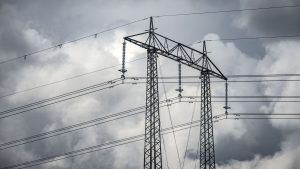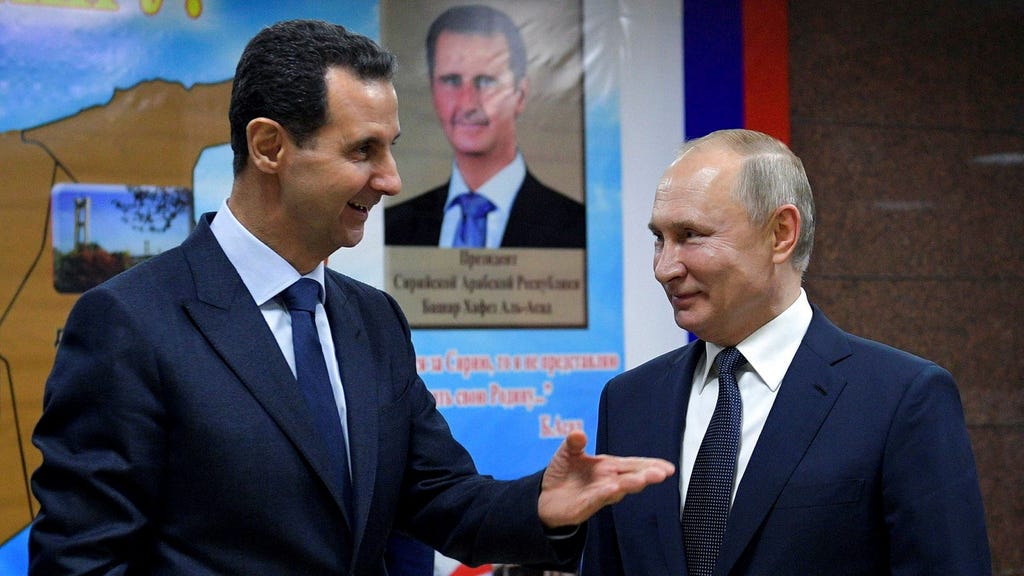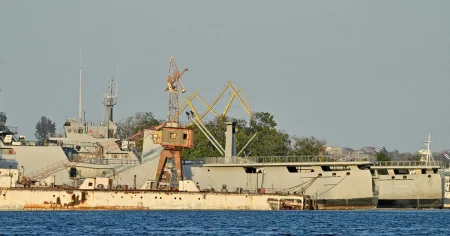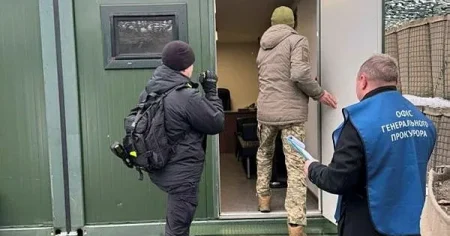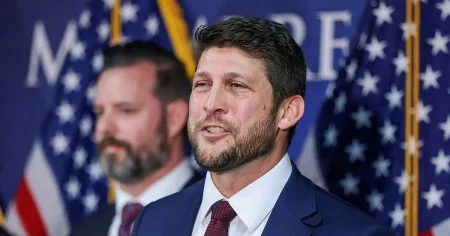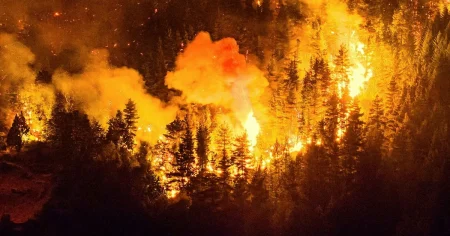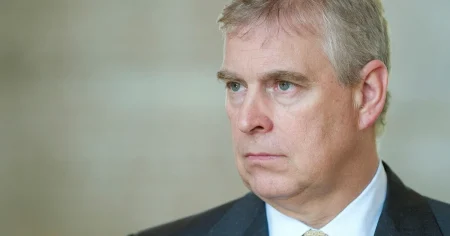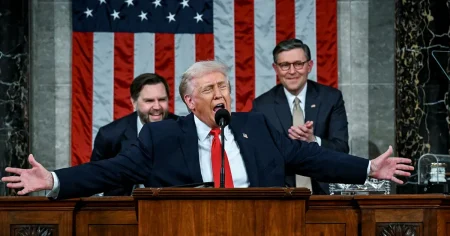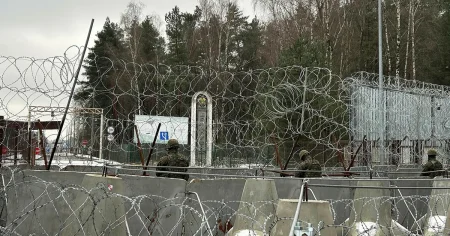Bashar al-Assad’s regime transferred the equivalent of approximately SEK 2.7 billion (approximately USD 260 million) in cash to Moscow over a two-year period, according to a report by the Financial Times. This substantial sum underscores the deep financial ties between the Syrian dictator and the Kremlin, a relationship largely built on Russia’s military intervention in the Syrian civil war and Assad’s apparent reliance on Russian support to maintain his grip on power. The transfer raises questions about the nature of the financial relationship between the two regimes and the potential implications for the ongoing conflict and its aftermath.
The Financial Times investigation reveals that the cash transfers occurred between 2020 and 2022, a period marked by intensified fighting in various parts of Syria and increasing international scrutiny of Assad’s regime. While the exact purpose of the transfers remains undisclosed, the report suggests that a significant portion was intended to repay debts incurred for Russian military assistance. This assistance, which began in 2015, proved crucial in turning the tide of the war in Assad’s favor, allowing his forces to regain control over vast swathes of territory previously held by rebel groups. It is widely acknowledged that without Russian air power and ground support, Assad’s regime would likely have collapsed.
Beyond military aid, the Financial Times report also points to Assad’s personal investments in luxury real estate in Russia as a contributing factor to the substantial financial flows. The specifics of these investments, including the properties’ locations and values, remain largely undisclosed. However, the fact that such investments exist further highlights the intertwined financial interests between the Syrian leader and Russia. This connection raises concerns about potential conflicts of interest and the possibility that personal financial gain is influencing political decisions related to the Syrian conflict.
The timing of these cash transfers is also noteworthy. The period between 2020 and 2022 saw a relative lull in major fighting in Syria compared to earlier years. This suggests that the transfers may not have been solely for immediate military needs but could also reflect a longer-term strategy to solidify the financial relationship between Damascus and Moscow. This period also witnessed increasing economic pressure on Syria, exacerbated by international sanctions and the ongoing war. The transfer of such large sums of money out of the country amidst these economic hardships underscores the regime’s prioritization of its relationship with Russia.
The revelation of these significant financial transfers adds another layer of complexity to the already intricate dynamics of the Syrian conflict. It underscores the extent to which Assad’s regime is financially dependent on Russia, further cementing their political alliance. This dependence raises questions about Syria’s sovereignty and its ability to act independently on the international stage. It also raises concerns about the potential for Russia to exert undue influence over Syrian policy decisions, both during the ongoing conflict and in any future reconstruction efforts.
Ultimately, the Financial Times investigation highlights the opaque nature of the financial relationship between the Assad regime and the Kremlin. The lack of transparency surrounding these transactions raises serious questions about the accountability of both governments. Further investigation is crucial to understand the full extent of these financial ties and their implications for the future of Syria. The international community must demand greater transparency regarding these transactions and ensure that any financial support provided to Syria is used responsibly and not for personal enrichment or to further entrench authoritarian rule. Understanding the financial flows between Damascus and Moscow is crucial for developing effective and sustainable solutions to the ongoing crisis and for holding those responsible for the devastating consequences of the war accountable.


